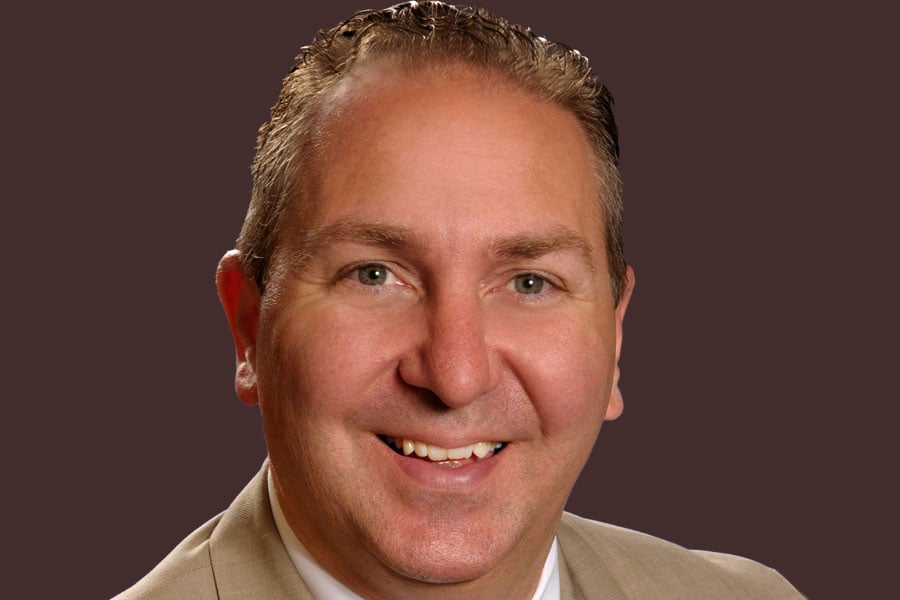As chief of the New Jersey Bureau of Securities, Christopher Gerold is leading the effort to raise investment advice requirements in the state by developing its own fiduciary rule.
That move puts New Jersey at odds with the Securities and Exchange Commission's
recently approved advice reform package that centers on
Regulation Best Interest to strengthen the current broker suitability standard. Several other states — including Nevada and New York — have either approved legislation to establish a fiduciary rule or are considering one.
As the newly installed president of the North American Securities Administrators Association, Mr. Gerold said he will not steer the organization to propose a model fiduciary rule that states can adopt.
"In terms of doing a model rule for NASAA members, that's going to be decided by the membership and the board. I am not going to be pushing my specific agenda on the membership," Mr. Gerold said in an interview on the sidelines of the
NASAA annual conference this week in Austin, Texas.
The advent of Reg BI, as it's known, is forcing states to rethink their own advice standards because many of them are based on suitability, Mr. Gerold said.
"States are going to have to address that, and whether they address it by mirroring Reg BI or coming out with something different, whether it's a fiduciary or some other standard, each individual member is going to have to assess," Mr. Gerold said. "From an organizational standpoint, we're going to solicit feedback from the membership on what they want and then move in that direction."
Mr. Gerold was circumspect about the status of
New Jersey's fiduciary standard because it is still being developed. The securities bureau took public comments on the proposed rule and
conducted hearings over the summer.
"The next step would be adoption," Mr. Gerold said. "We don't have a timetable on that. But that's logically the next step."
New Jersey began the rule-making process because it was concerned the SEC's Reg BI proposal didn't go far enough to protect investors. In the midst of New Jersey's rule-making, in June, the SEC approved the final Reg BI.
"We're assessing the impact of that on the New Jersey rule," Mr. Gerold said.
[Recommended video: How to attract top advisers]
On Wednesday, the SEC saw additional challenges to Reg BI when
a group of seven states and the
XY Planning Network filed separate lawsuits against the measure.
"From the NASAA perspective, we're aware of the litigation. We're going to follow it closely," Mr. Gerold said. "NASAA is not a party to the [state attorneys generals'] suit but we are respectful of the rights of our members" to pursue legal action.
Although Reg BI is being taken on in several directions, including by his state, Mr. Gerold doesn't foresee his leadership of NASAA affecting the organization's relationship with the SEC. State regulators oversee investment advisers with less than $100 million in assets under management, and the SEC regulates larger investment advisers who are registered with the agency.
"I don't see there being any tension," Mr. Gerold said. "I look forward to working with the SEC on issues that we can work on, and where there are differences, I think we'll still be engaging with them."
In addition to his background as a regulator, Mr. Gerold, 41, is a former broker and also has worked as a counsel to financial firms.
In a
speech in Austin after officially becoming NASAA president, Mr. Gerold said he is inspired to do regulatory work because he saw his parents — a traveling textile salesman and a school nurse — squander most of their life savings in a securities fraud in the early 1990s.
"They lost their financial security. They lost their ability to pay for their children's college," Mr. Gerold said. "They were embarrassed. There were tears. I reflect upon this experience in my daily responsibilities as a securities regulator and challenge you to do the same."







